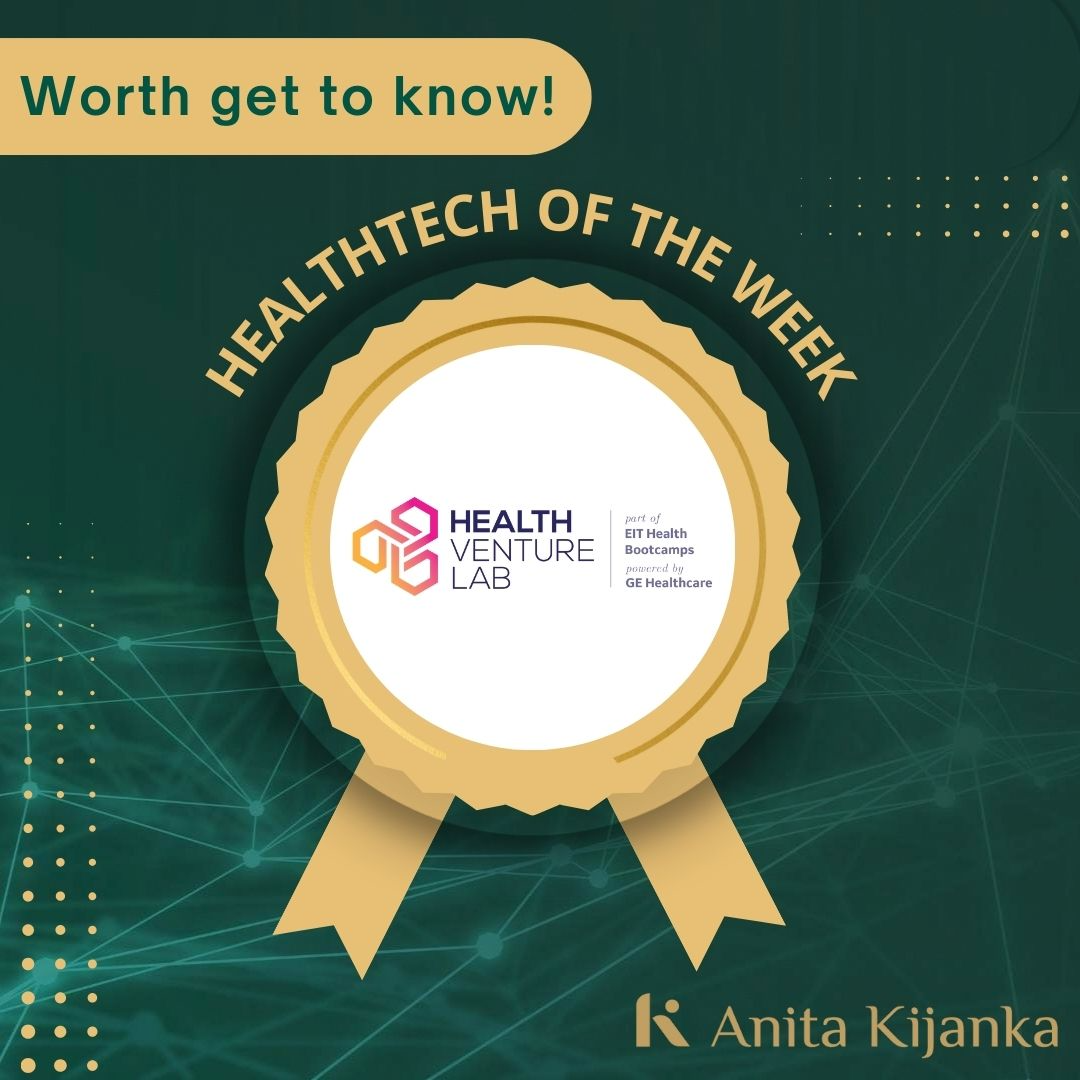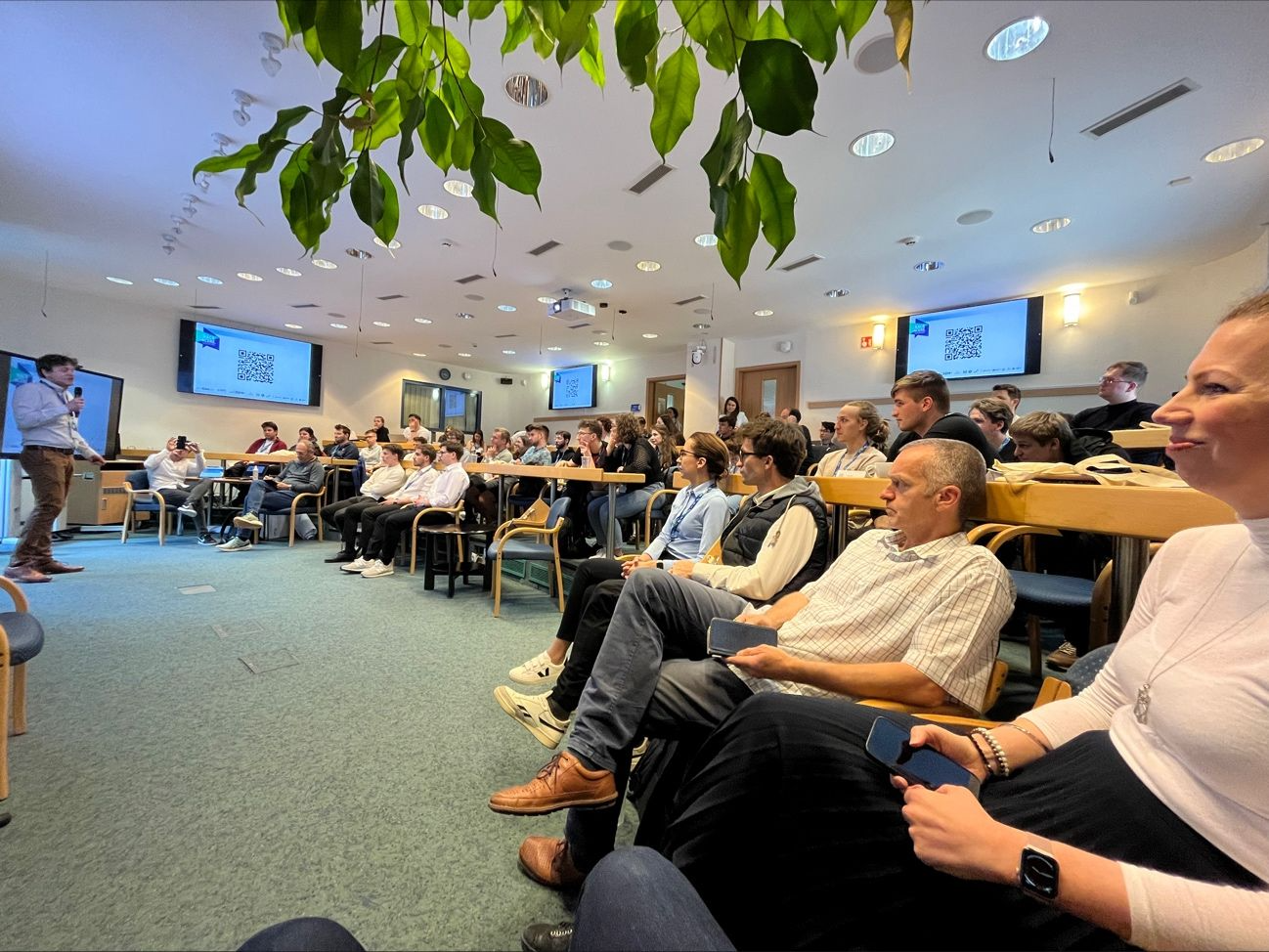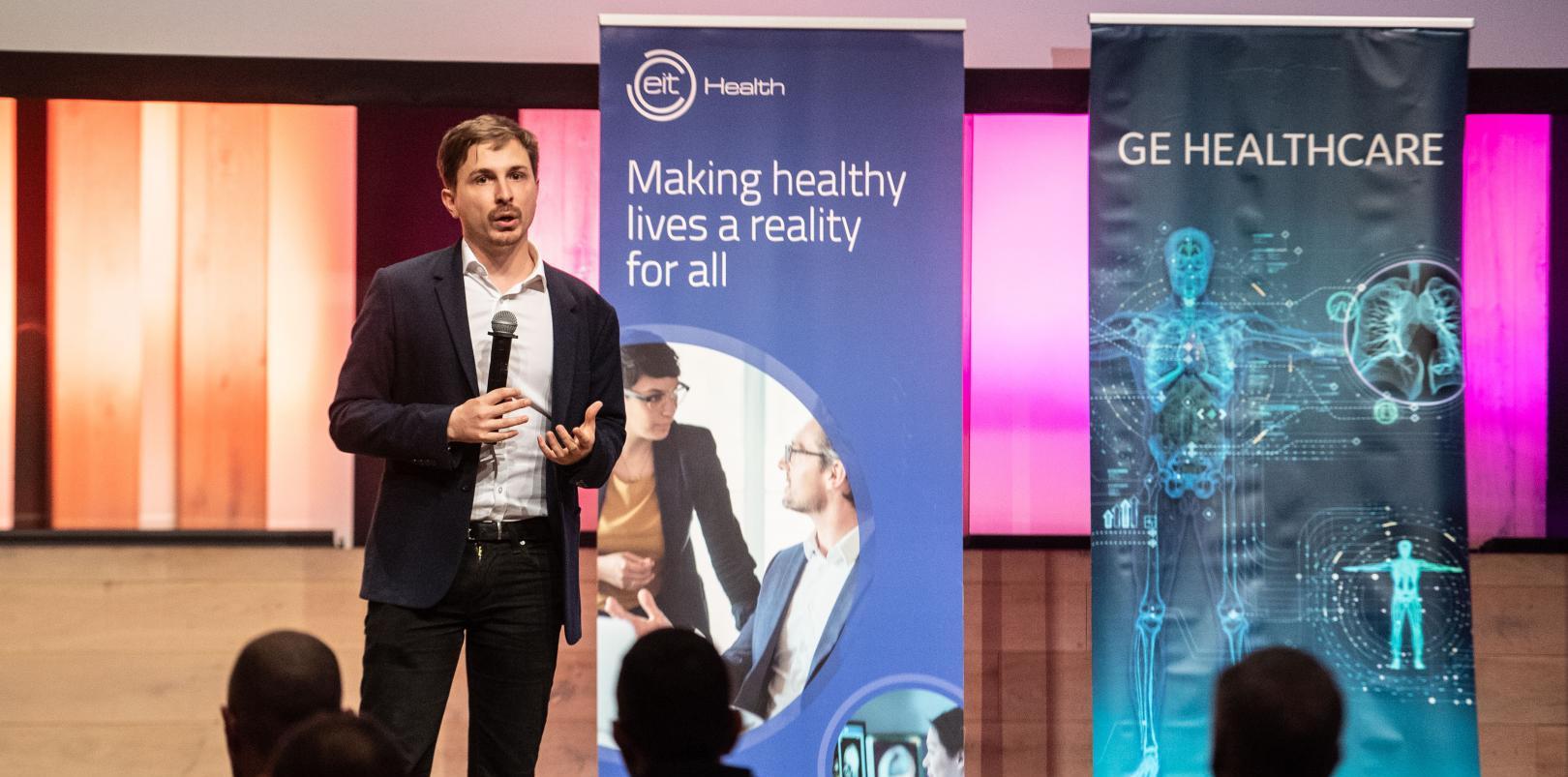
HVL: A powerful confluence of location, network, specialization and community
. 9 minutes to readHere’s one for you, if you’re currently researching different accelerator programs and figuring out which one would benefit your team the most. This interview with Daniel Szemerey, HVLab’s founding director answers crucial questions about our vision and programs. Learn about the strengths of our accelerator programs, partner network, alumni community and regional focus.
What are the region’s strengths in innovation?
Historically, Eastern Europe and the post-Soviet bloc is a region that excels in STEM subjects, and we share this legacy in Hungary. In addition to this, Hungary also has a remarkable lineage of Noble laureates in subjects like physics and math.
Pair this with a culture for finding creative solutions and continued STEM education excellence. The result is a thriving hotbed of good ideas and product development. Now that almost 30 years have passed, the region has also adjusted these strengths to the free market.
The strong tech legacy continues, now matched with growing commercialization and distribution. We see this play out in the strength of tech universities in the region and also in the choice of corporates like GE Healthcare to build engineering hubs here.
Hungary’s central location also makes it a huge boon for partners that are working with teams across Eastern and Western Europe. Spanning the two regions geographically would actually be harder in a less central city like Munich, for example.
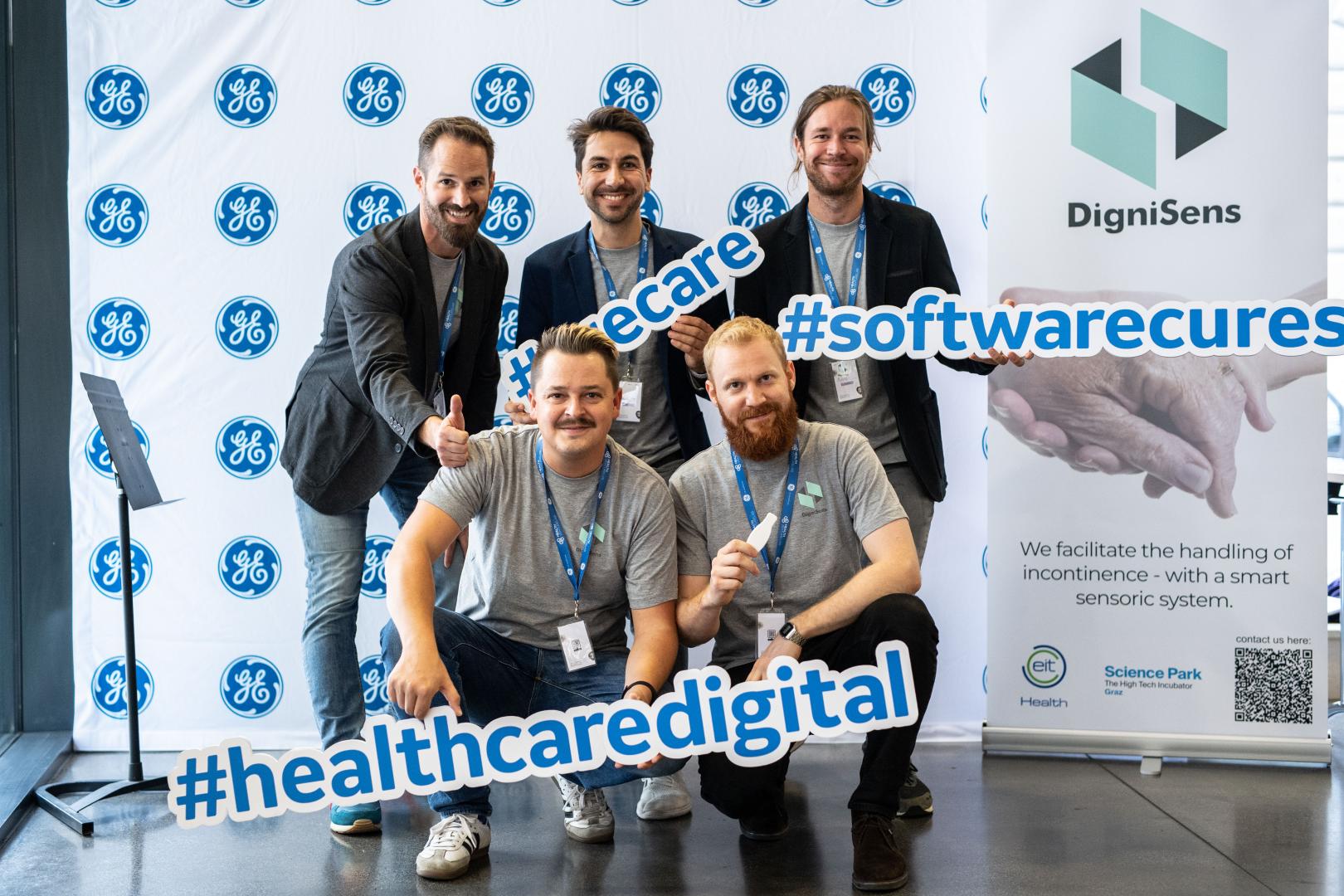
We find that mentors, teams, and partners willingly fly into Budapest. At first, perhaps they were encouraged by the city’s accessibility and healthcare focus. But as our programs and partner network have grown, participants from across Europe are increasingly attracted by the power of the budding local ecosystem and its stakeholders.
One exciting project that has come out of this geographic advantage is a local branch of the Catalyst program in the city of Debrecen, a multi-year collaboration that we co-created with MIT and the University of Debrecen. Catalyst is a principled methodology developed by MIT for needs identification and opportunity development, and an organizational model that fosters a vibrant multi-stakeholder community. The Catalyst mission is to increase the potential that biomedical research will lead to products that address unmet health care needs - a mission that fits squarely into HVL's activities.
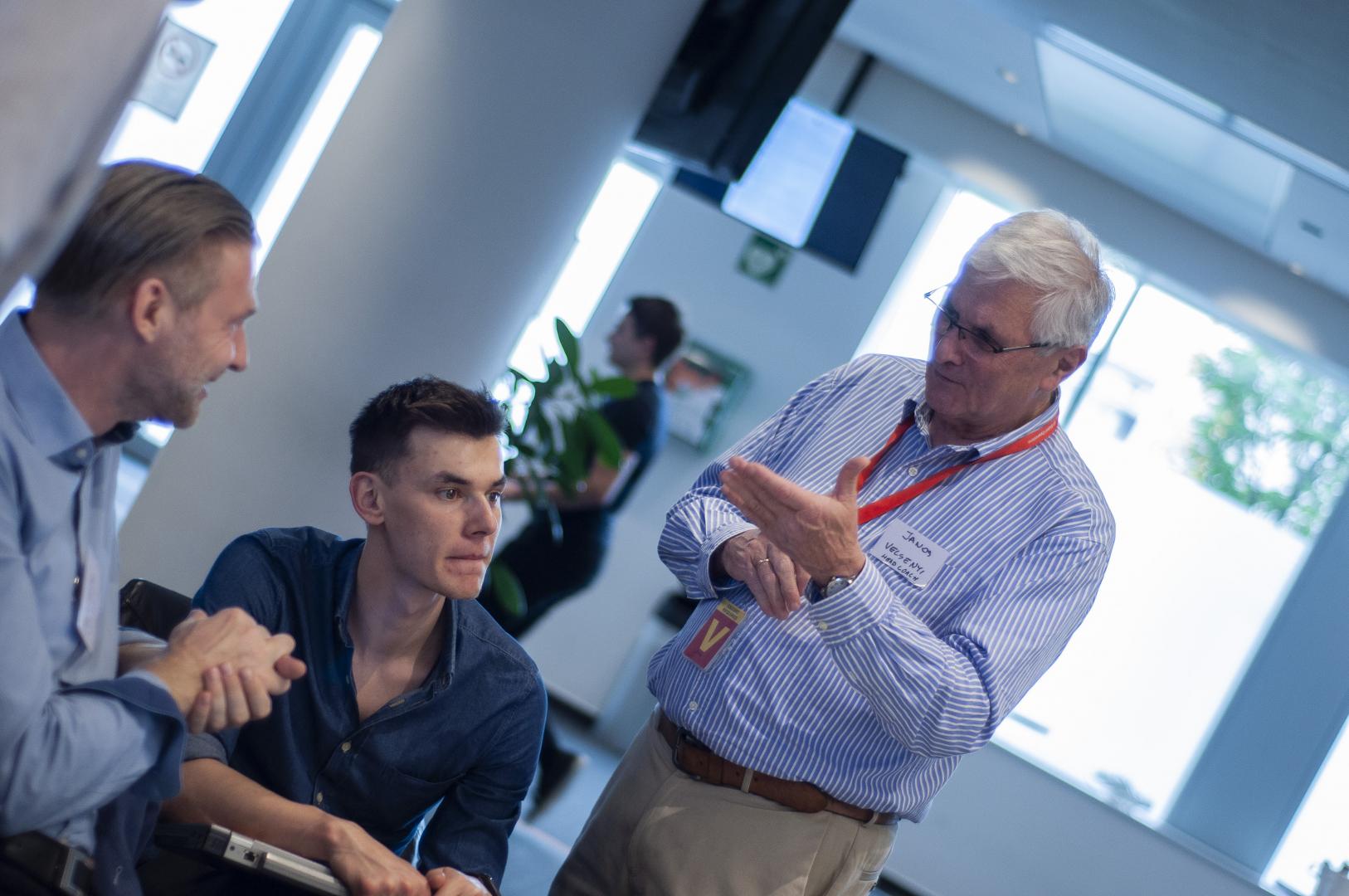
Another thing that’s great about Budapest itself, is that it has a lower cost of living and sophisticated tech infrastructure — it’s long been a favorite of digital nomads. From the perspective of HVL, this is an attractive point for both startups and mentors.
Participants can easily afford to travel here with low time and monetary commitment, while still enjoying a high standard of internet infrastructure, excellent of clinical institutions and medical universities, a high ratio of college graduates in the medical field, and an embedded multi-stakeholder network paired with low cost of living that allows them to work productively.
These factors combined have given rise to an extremely diverse set of accelerator participants. Our average programs see teams from at least 14 different countries. And the resulting melting pot is one of our biggest values.
What does HVLab’s partner network offer?
Our team is continuously strengthening and adding corporate and academic partners to our network. GE Healthcare is currently our main corporate partner, providing a powerful level of hands-on knowledge around commercializing innovation.
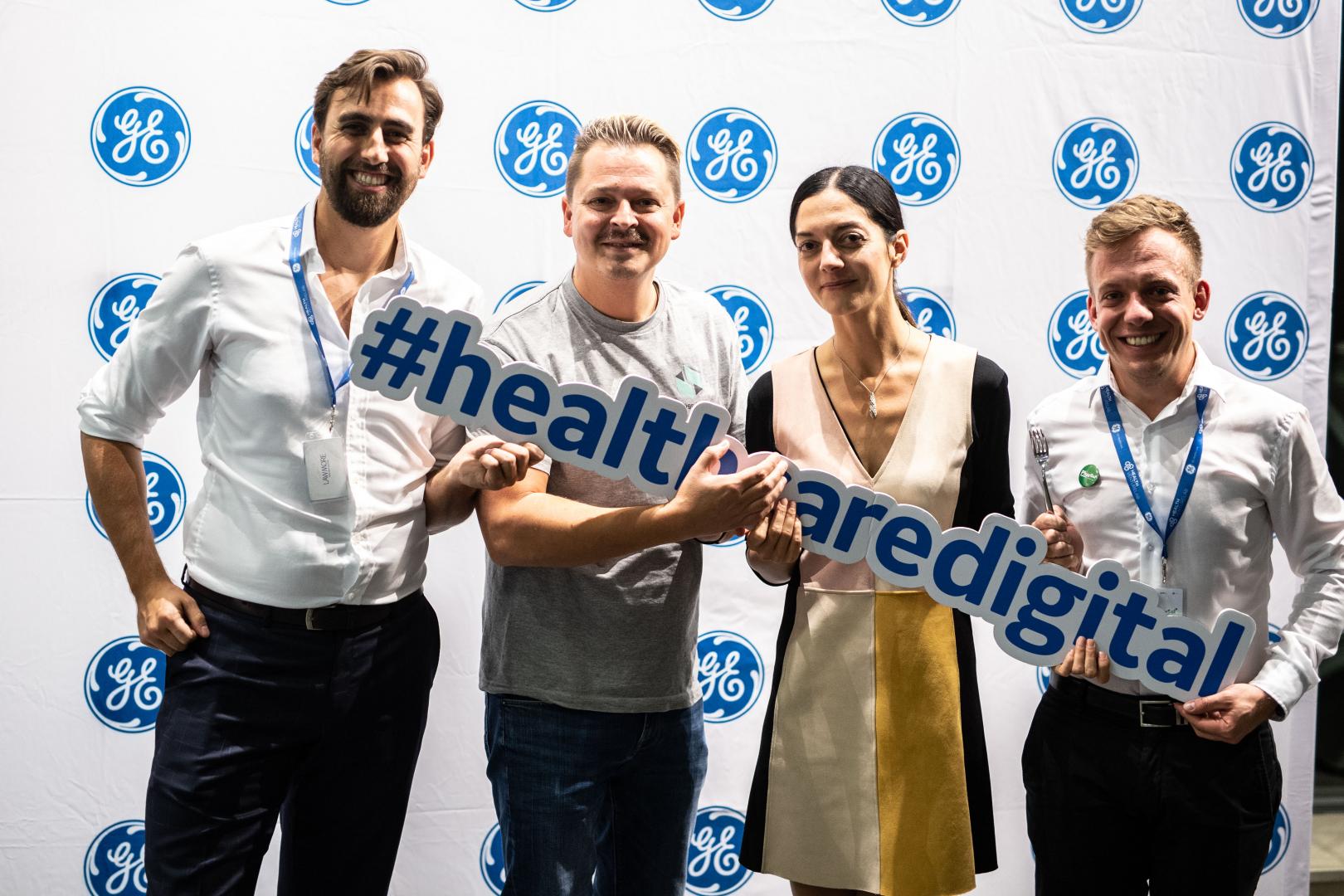
GE Healthcare has a 100-year-old history of bringing products to market. There’s a massive amount of knowledge on marketing, sales, distribution and compliance in the healthcare industry.
Our academic partners bring a lot of theoretical knowledge to the table, and we get more technical experts from the universities. One of our main academic partners, Barcelona’s IESE, named Europe's top business school by the Financial Times for five years in a row, brings a lot of theoretical business management know-how to supplement GE’s practical expertise, which is a powerhouse combination.
Deep tech is incredibly IP intensive, and participants quickly get access to a wealth of knowledge that would otherwise need to be tracked down over a much longer period of time. Startups that participate in HVL programs are constantly exposed to information that they often didn’t know they were missing.
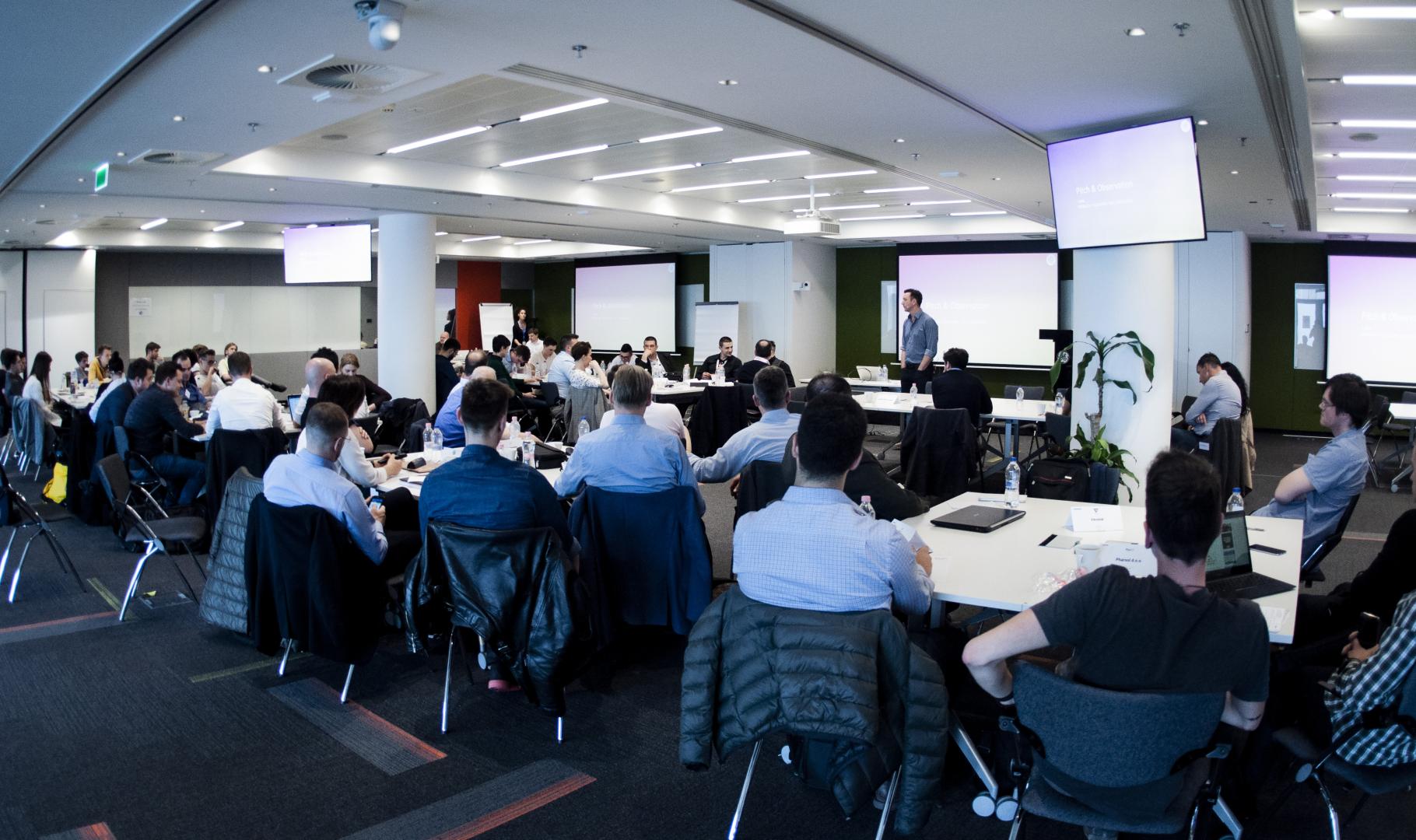
In a field like healthcare innovation, where the usual risks of building a startup are magnified by long research and distribution lead times and complex regulations, the risk of not anticipating something is amplified.
One easy example is understanding budgeting timelines for healthcare institutions, and understanding that to be considered by an institution, proposals need to be sent before annual budgets are confirmed in October.
How does a healthcare specialized accelerator specifically benefit digital health innovation?
I truly believe that it’s nearly impossible to be successful as a generalist in this domain. Commercializing Healthcare companies are different in complexity in the same manner to how hardware startups often require longer lead times and face bigger risks compared to software companies.
In terms of specific value, there is a lot to say. First off, all of the startups in each cohort work in the same domain, meaning that everyone in the HVL network becomes a valuable, international connection that has a closer level of insight into what others are working on.
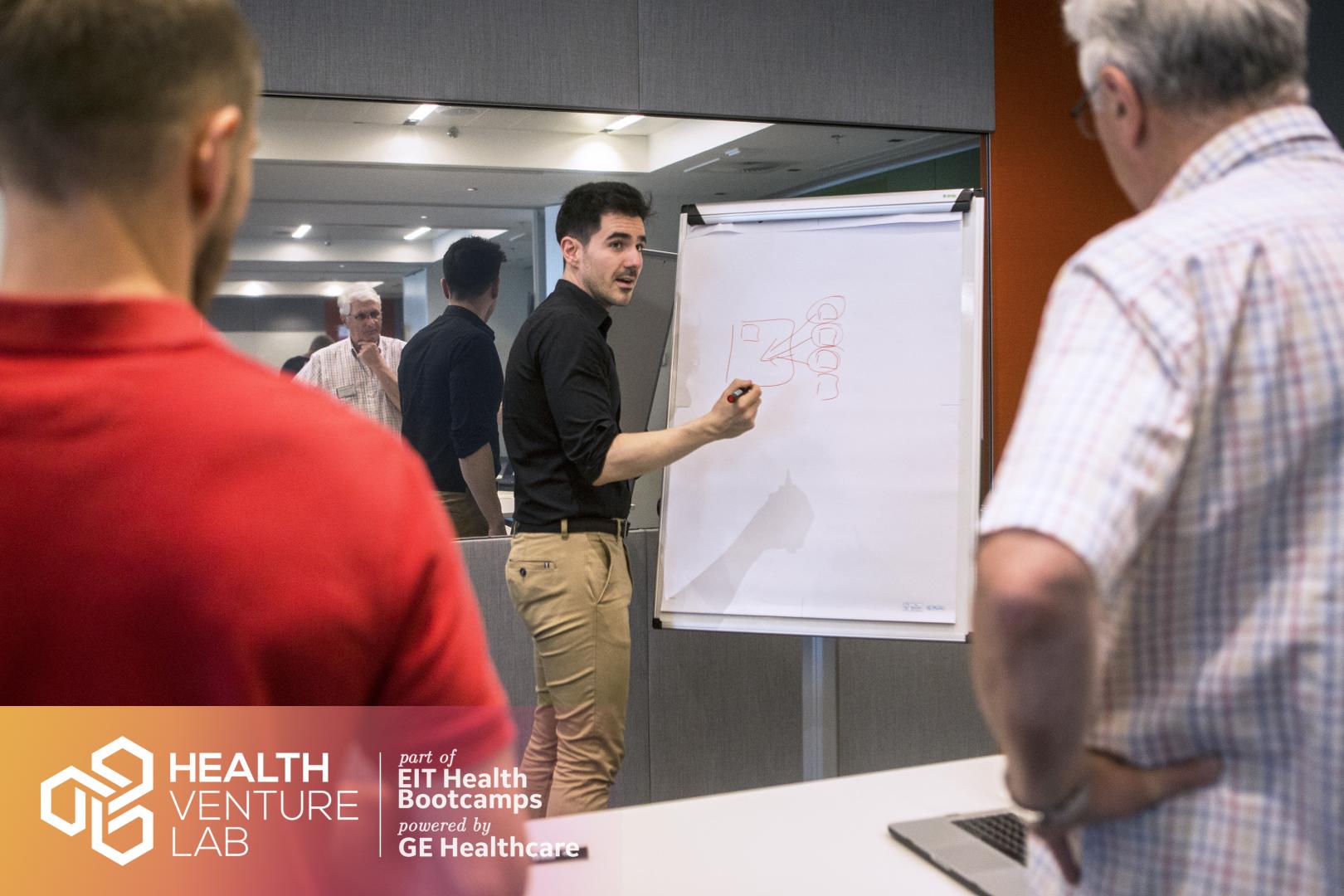
Let’s say you’re working on a medical device for diagnostics. In a generalized accelerator, you would only go so far as to share experiences about startup methodology. But in a specialized accelerator, you’ll hear about the more healthcare-specific challenges — like compliance, regulations, regional customer behavior and lead times — that require access to specialized knowledge and people who work in the industry to progress fast.
All of our partners are focused on helping teams working specifically in this field succeed. If you would run a simulation on a lot of generalist accelerators and specialized accelerators, the specialized ones would, of course, outcompete them in that niche.
The second massive value of a specialized accelerator is the combined expertise of our mentors, which results in an added layer of insight into the nitty-gritty of growing in healthcare. We’re constantly optimizing our evaluation process, coaching sessions and mentor-startup matchmaking. This year, we'll emphasize one-on-one coaching sessions even more, and will be able to choose different courses during the Expert Sessions.
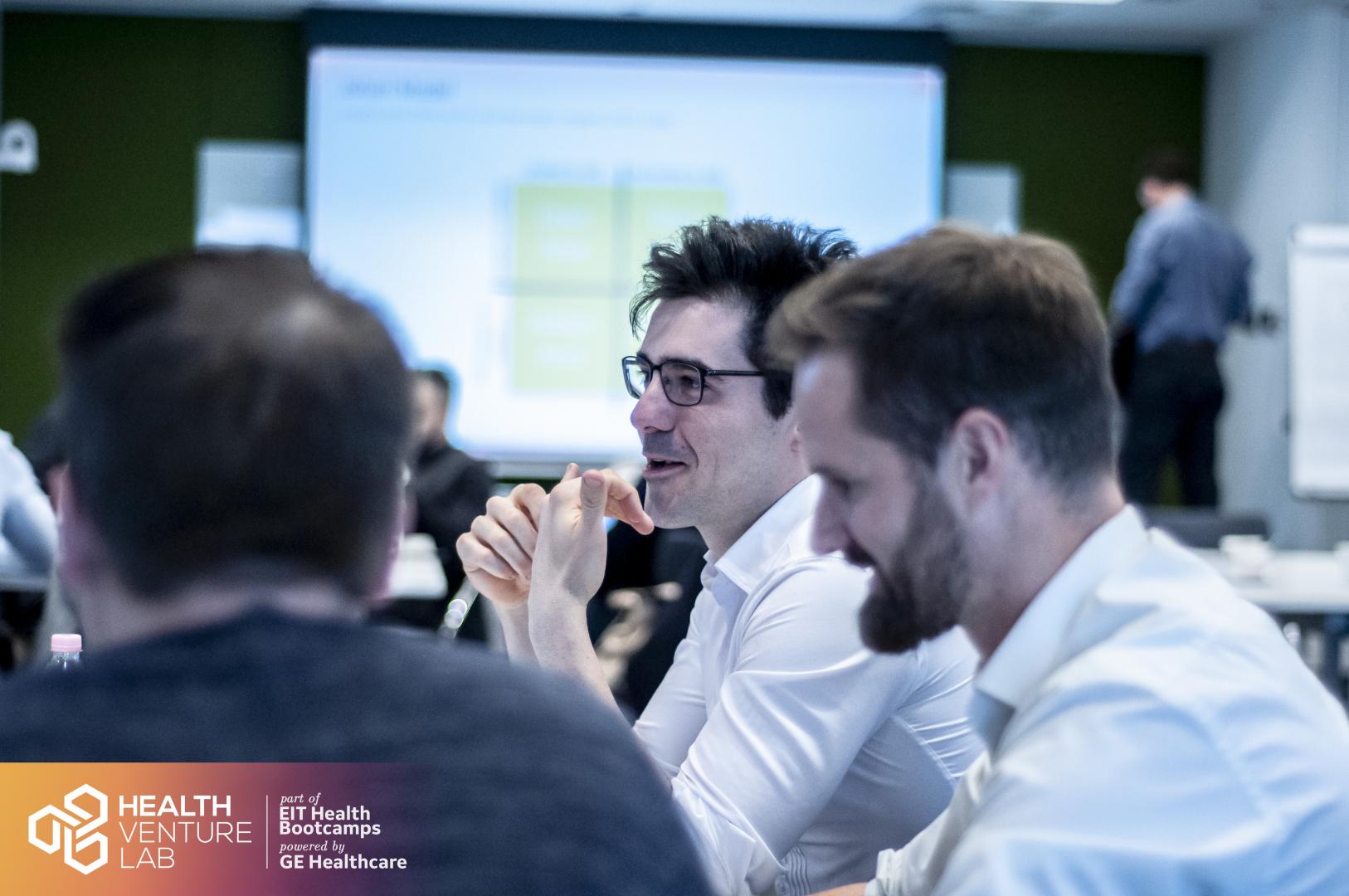
Participating startups are getting decades of experience across IP, B2B and B2C marketing and sales, financing and funding, and distribution. After so much time in the industry, mentors and trainers don’t just give practical advice on next steps, but also share intuition and insight around customer behavior — the kind of advice and ‘hunches’ that come from decades in the field.
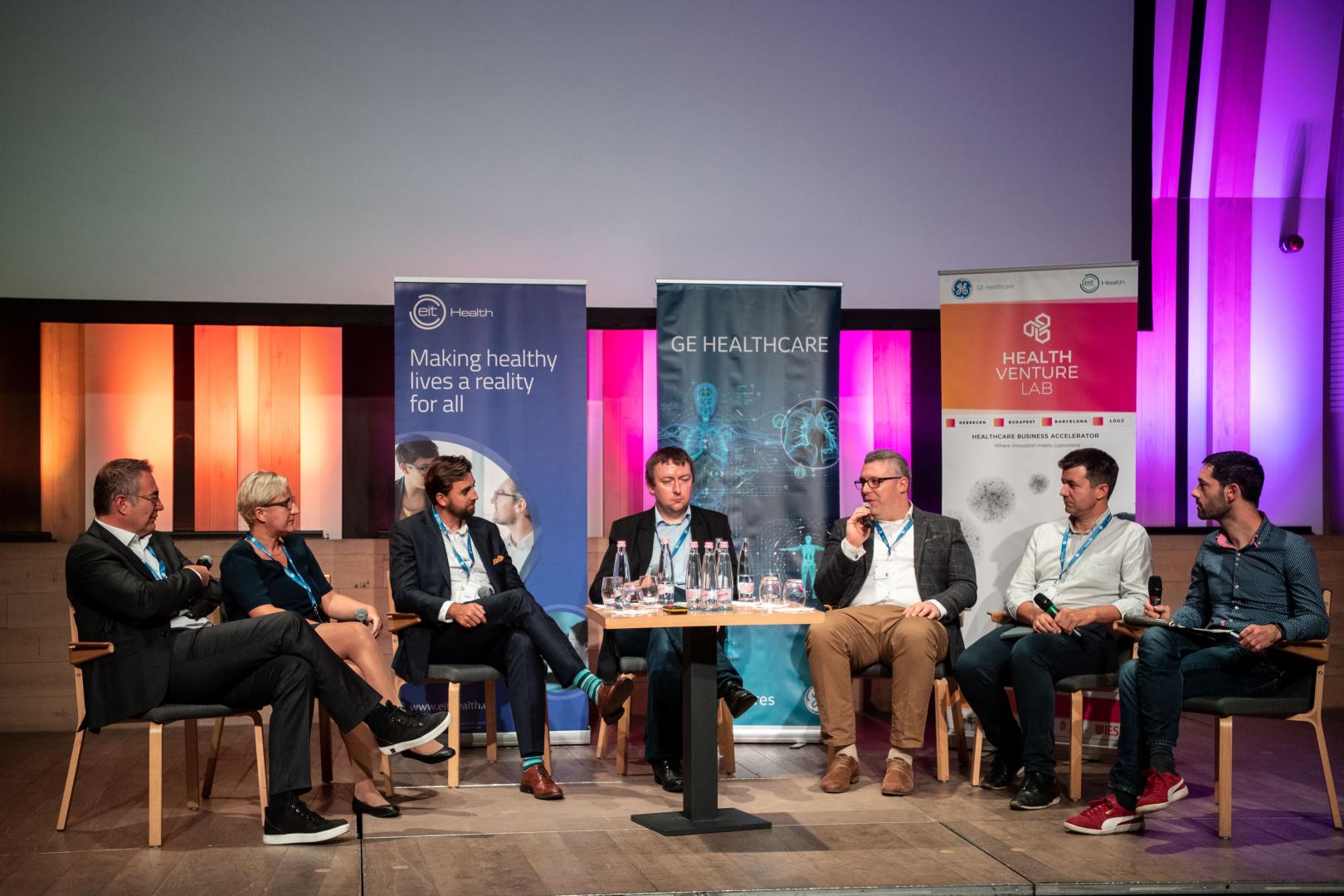
The healthcare-specific specialization also affects our Smart Money platform. The incubation and commercialization period for a healthcare startup is 5-10 years, versus the accustomed 3-5 years for web startups. Our financial arm brings together those investors who are able to work with this longer timeline and are specifically interested in investing in the healthcare industry.
What is the HVLab community like?
We aim to recruit a diverse cohort of startups — varied in both technology and nationality. The international aspect of the accelerator helps everyone learn even more because regional differences often introduce different approaches that others may not have thought about.
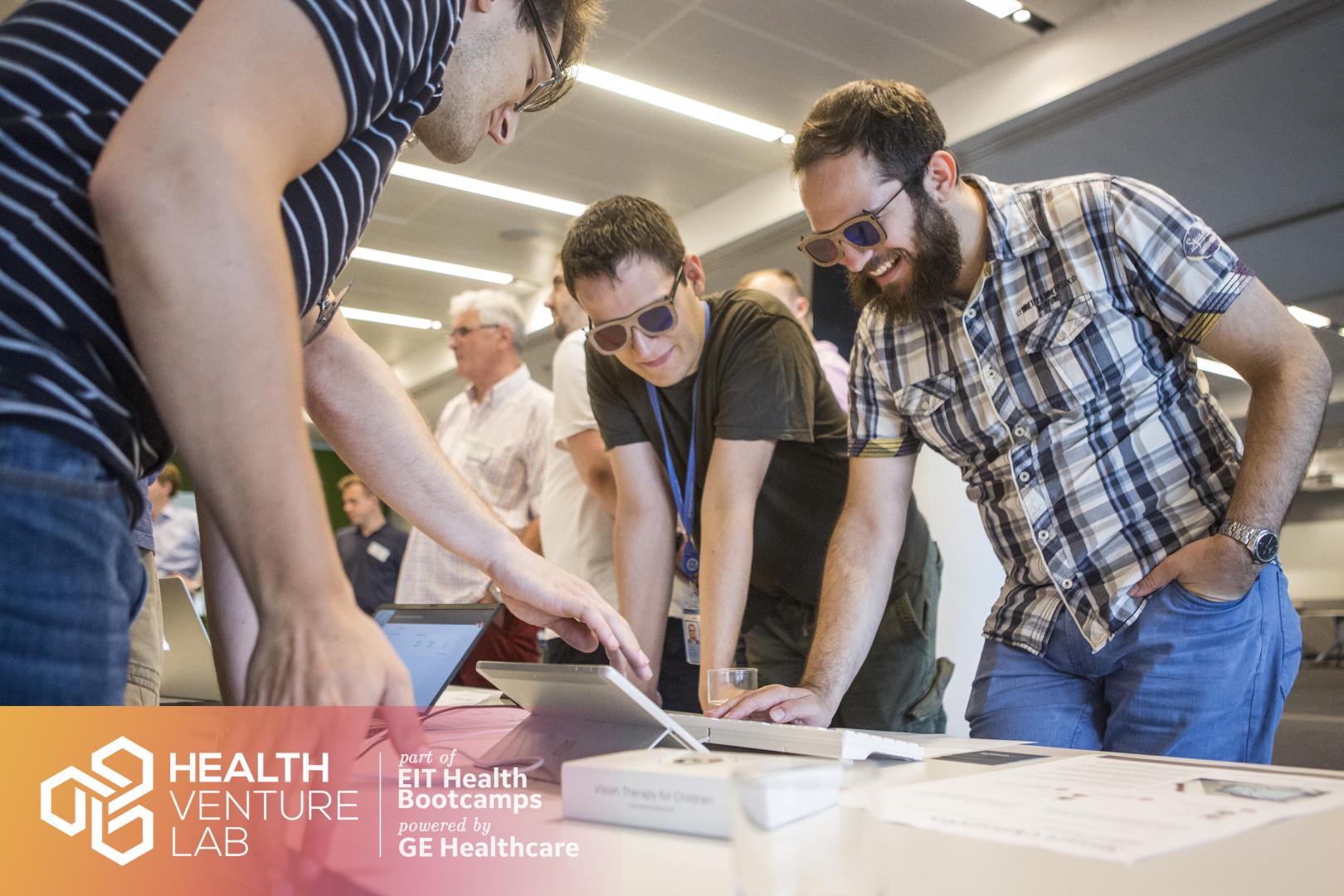
When a startup goes to a new international market, having friends embedded in the local ecosystem who can connect you with leads and resources is a huge asset. This is why we’re dedicated to maintaining an international team.
Once startups graduate, they continue to check in and reach out easily to past participants via Slack. Alumni are also welcomed back all of the time, both to take part in alumni trainings but also to come back and speak or even mentor future startups.
We see our community as one of our biggest values, growing rapidly throughout the years. As the network effect continues to take hold of our growing participants, it will only grow in value and strength.
What other opportunities will HVLab provide for health innovation teams in the future?
The first and biggest plan we have coming up is extending our pipeline. In 2020, we’re launching new programs to support startups in each stage of maturity. Our three accelerators will guide startups from product-market fit, to scaling, to building commercial channels.
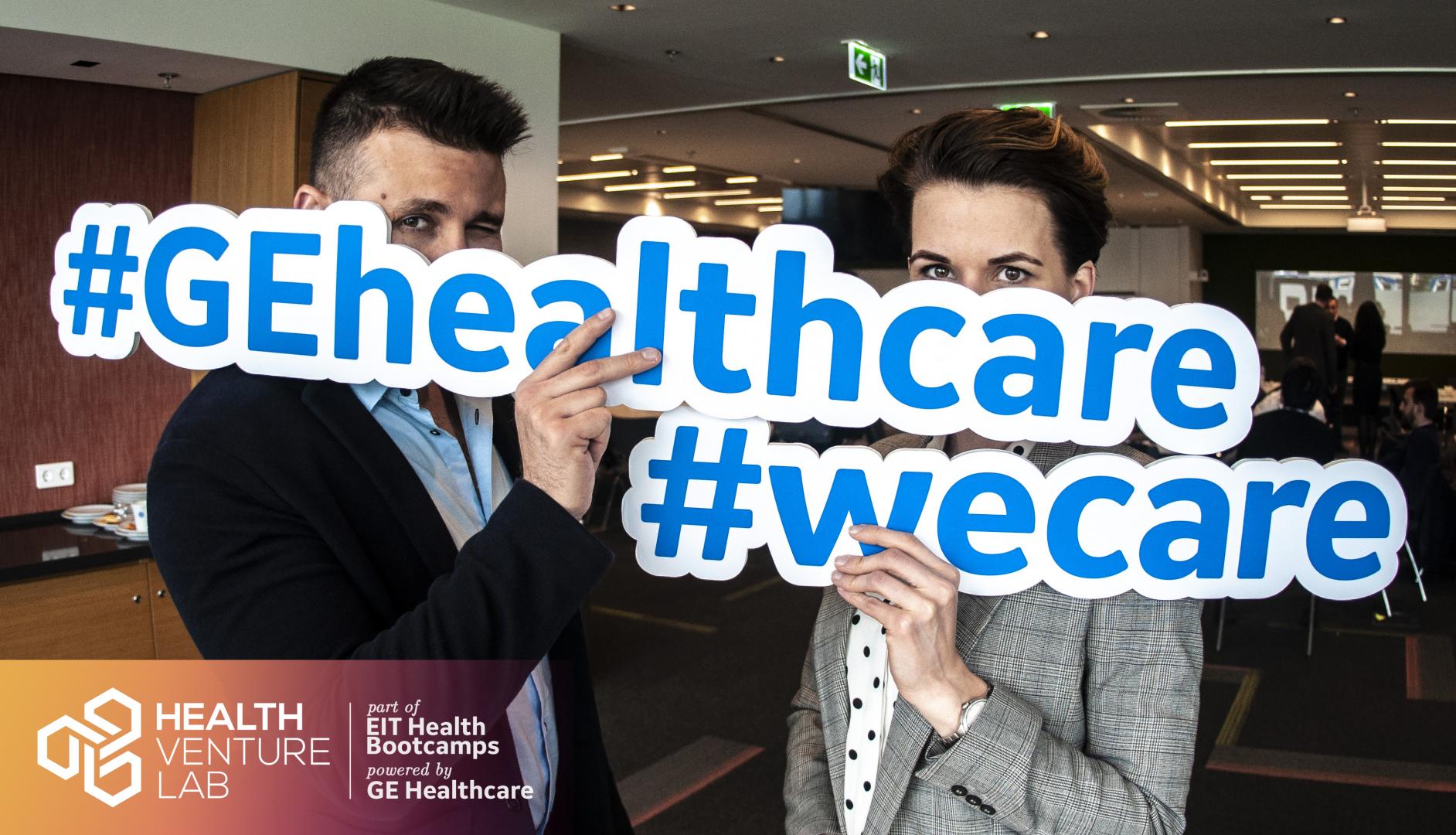
Second, we want to create a framework around financing so that we can support startups with both a network and funding. Startups in this framework have the opportunity to get funding at the end of the program.
Third, is a concerted drive to dive even deeper into the pool of knowledge that we have on hand. We have developed an e-learning platform and an internal knowledge base. We’re getting more and more great mentors and trainers into our program, thereby continuously building on what we already have.

